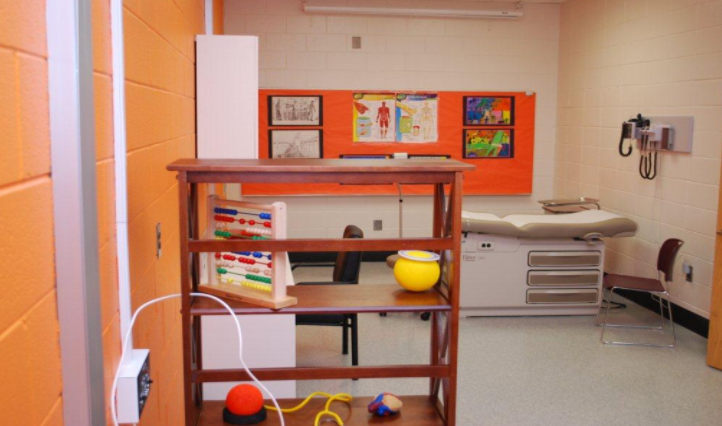Governor Brian P. Kemp announced this week that he will dedicate $125 million to supercharge Georgia’s School-Based Health Center Program and help strengthen healthcare options for families across the state, including those in underserved and rural communities.
The funding will go through the Georgia Department of Education in a grant program. Awardees will be able to use grants of up to $1 million per project to support the planning and start-up of new School-Based Health Centers (SBHCs) in approved Title 1 schools.
"School-Based Health Centers are effective models for meeting the unique needs of students, families, and their communities," said Governor Kemp. "By investing these funds, we're paving the way for new centers across the state where they are needed most. This innovative program is in line with our ongoing efforts to lower costs and increase access to quality healthcare coverage for everyone -- especially those in rural Georgia -- without assigning an unfair price tag to taxpayers."
The goal of SBHCs is to provide students the best opportunity to succeed by addressing medical, behavioral, dental, and vision health needs. SBHCs are a proven, effective method for addressing those needs by meeting students where they are – in school. SBHCs eliminate barriers like transportation, accessibility, and cost for children and families living in communities with healthcare access challenges.
SBHCs provide the following comprehensive services:
- Primary Care (including child wellness exams)
- Behavioral health screening and counseling
- Diagnosis and treatment of acute chronic illnesses and minor injuries (i.e. asthma, diabetes, and sickle cell)
- Immunizations
- Vision and hearing screenings
- Lab tests
- Sport physicals
- Referrals to and coordination of outside services
- Dental care (including fillings, extractions, fluoride treatments, sealants, and restorative services)
- Full-service vision care (eye exams and prescription glasses)
SBHCs have also been proven to help communities by reducing avoidable or unnecessary emergency room visits, increasing access to quality healthcare options, improving school attendance records, and increasing the likelihood of students and families seeking care.
Additionally, SHBCs' comprehensive services support schools with safe reopening and COVID-19 mitigation strategies.
To learn more about SBHCs, please follow this link.




